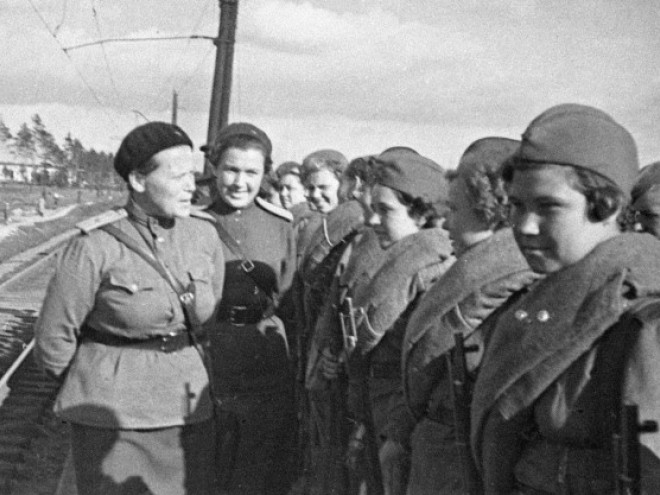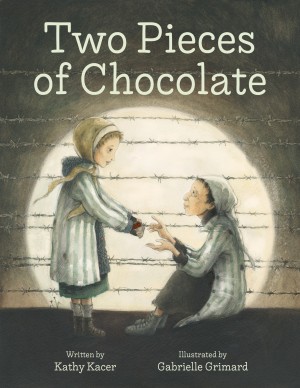Daughters of the Occupation is the fourth work of historical fiction by Canadian journalist and novelist Shelly Sanders. Whereas her previous works focused on Russian Jewry, this latest novel explores Jewish life in Latvia and the American diaspora. Although it is a work of fiction, it’s deeply rooted in Sanders’s own family history, and in her efforts to retrace the lost stories of relatives and historical events.
The book moves between two timelines and follows three generations of women from the same family. Half the story describes life under the Soviet and Nazi occupation between 1940 and 1944, as seen through the eyes of Miriam, a young Jewish woman in Riga, Latvia. The other half is set three decades later, in America and Latvia, after Miriam’s daughter passes away. Scared to lose her maternal history, Miriam’s granddaughter Sarah tries to untangle the family’s secrets. She clings to her grandmother, yet she can’t seem to turn up any stories. With the few snippets of information she has, she sets out on a quest that ultimately brings her to Riga under Soviet rule.
Throughout the novel, Sarah struggles to understand her identity. According to the narrator, ‘‘There were gaping holes in her maternal history — family stories, memories, habits and traditions — that would never be filled. This untold heritage would have given texture to her identity, a vividness that couldn’t be found in old photos or statistics or newspaper articles.’’ Chapter by chapter, the secrets Miriam has long kept hidden begin to unravel. We learn about her harrowing experiences, her extreme perseverance, and her strong will to create a better future for herself, her children, and her grandchildren following one of the most traumatic and devastating events of humankind.
While motherhood and freedom are important themes in the book, the real story relates to the enormous impact of trauma not only on the person directly exposed to it, but also on later generations. It is well established within clinical practice and research that later generations often suffer from their ancestors’ lived traumas. For example, dysfunctional parent-child relations can result in a child experiencing low self-esteem or depressive symptoms. It is precisely this kind of inheritance that Sanders’s characters are up against.
This beautifully crafted, gripping novel exposes the little-known tragedies of the Jews in Latvia. With its emotional whirlwind of trauma and survival, Daughters of the Occupation may not be an easy read — but it’s definitely a story that will stay with readers long after they’ve closed the book.
Dr. Janne L. Punski-Hoogervorst is a Dutch-trained medical doctor, currently associated with the University of Haifa as a doctoral researcher on psychotrauma and posttraumatic stress disorder. She is also an independent Holocaust researcher, focusing on memoirs and intergenerational trauma.





